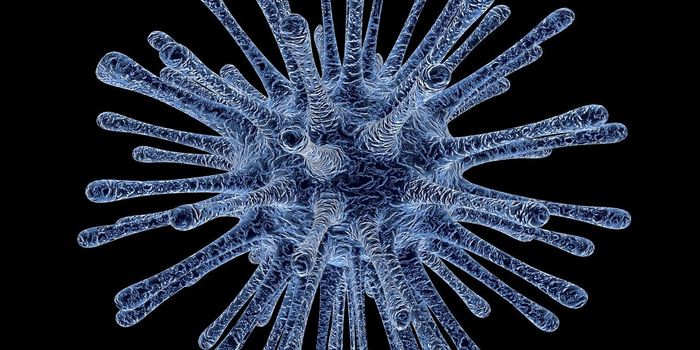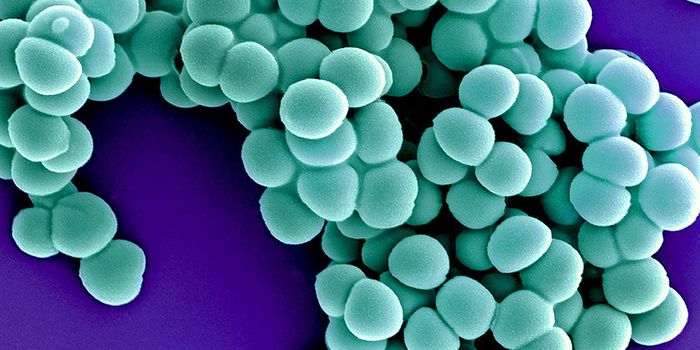The immune system relies on signals, which may be activated by the presence of a pathogen, for example. Chemokines are chemical messengers that can attract immune cells to the site of an infection, and initiate a response. New research has found that chemokines can also generate nanoparticles that bind to DNA, and which may trigger improper immune responses. Dysfunctional immunity is related to a variety of diseases, but this seems to be the first time that chemokines have been associated with immune disorders. The findings, which have revealed a novel mode of immune activation, have been reported in the Journal of Experimental Medicine, and they may offer new insights into autoimmune diseases like lupus and scleroderma.
The study authors have been investigating scleroderma, an autoimmune skin disorder. Previous work by this group and others has shown that scleroderma patients have abnormally high levels of a chemokine called CXCL4 in their blood. "But the role of this chemokine in disease is unclear and we didn’t expect the chemokine to provoke this particular immune response," said senior study author Dr. Franck Barrat, a professor of microbiology at Weill Cornell Medicine among other appointments.
The researchers found that CXCL4 can cause interferon-alpha production in plasmacytoid dendritic cells (pDCs), a type of immune cell. This mechanism seemed to occur regardless of how chemokine receptors behaved, suggesting that CXCL4 and other chemokines could be acting through another mechanism.
Additional work indicated that chemokines can bind to bits of DNA, forming nanoparticles in the process. Then they can directly trigger the production of interferon molecules, which can activate the immune system.
When the researchers examined a mouse model of skin inflammation, they found that this process may be causing the chronic inflammation underlying some autoimmune diseases. Nanoparticles of chemokines and DNA might also be related to various disorders. While CXCL4 is linked to scleroderma, for example, CXCL10 seems to be related to lupus.
DNA-chemokine nanoparticles may have a normal function, suggested Barrat. After an injury to the skin, inflammation is necessary to close the wound. That inflammation is initiated by dendritic cells. This study has suggested that dendritic cells don't have to come into contact with a pathogenic invader, they “.. can directly sense self-DNA. And that inflammation is helping to recruit other cells of the immune system.” When the process goes wrong, and chronic inflammatory state arises, tissue is ultimately damaged instead of healed.
This team was also part of a recent study in Nature Communications, which showed that CXCL4 may also be activating immune cells called monocytes in a similar way. It may be possible to target these pathways for treatment.
Sources: Weill Cornell Medicine, Journal of Experimental Medicine









